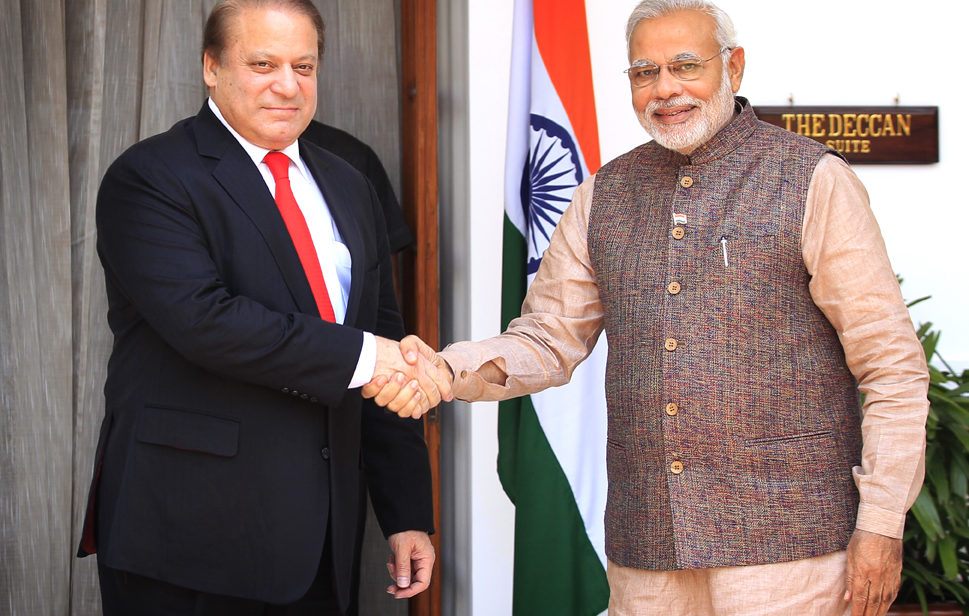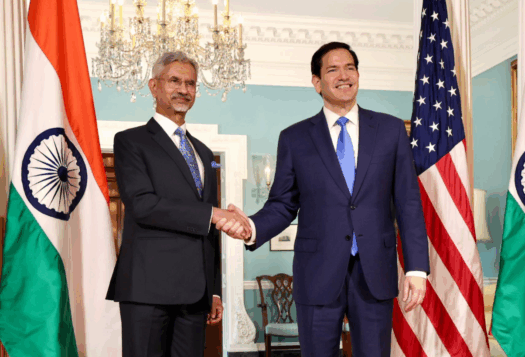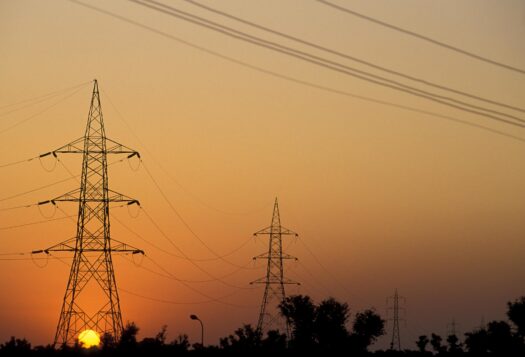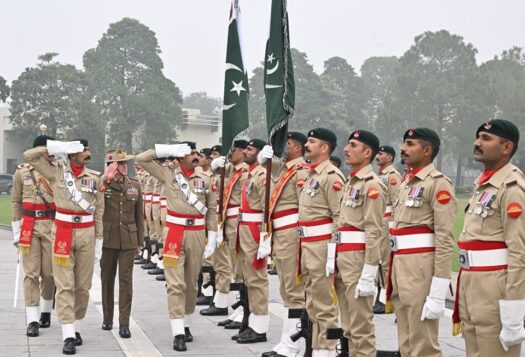
National security is a concept which ensures the safety and continuous protection of people and the state. It seeks to guarantee that beliefs, values, and unity of the state are protected, while government institutions function for the welfare of the people (in the case of a democracy, at least). National security entails territorial integrity, social-political-economic stability, external peace, and moral, spiritual, and cultural cohesion. National security policy is a framework which defines a state’s objectives, often in the form of a consolidated document, to provide security to its citizens. It outlines core interests of the nation, while drawing lessons from the past, and formulates guidelines for present and future strategy.
The United States develops its National Security Strategy annually as a comprehensive document. But states, like the United Kingdom, China, and France, do not present their security policies as consolidated documents. Rather, they use defense policies or white papers as the principal documents for highlighting national security issues. National security policy is formulated by a standard procedure of spinning policy: It initiates from the executive office, though the legislature and standing committees are actively engaged in the process.
Unlike in developed nations, national security policy formulation does not seem to be a priority in developing states. Developing regions like South Asia have immense traditional and non-traditional security challenges. South Asia’s stability is defined by two nuclear powers, Pakistan and India, stuck in a decades-old rivalry, and by an increasing presence of terrorism. Additionally, conflict in Afghanistan has remained a prominent feature of the region since the Soviet invasion. Traditional security challenges such as terrorism, ethnic conflicts, insurgency, and inter-state conflicts are already major problems in the region. Now, the region is developing non-traditional security threats too. Addressing a rising population, food and water scarcity, and natural disasters remain immense challenges in South Asia.
In the wake of so many intermingled threats, states in the region do not appear to be serious enough in defining their security challenges and objectives. To date, national security has only been defined by military strength or weakness. Traditional security is the dominant issue concerning national security in the region. The traditional rivals of the region, Pakistan and India, exemplify the security paradigm of the region through their defense objectives. Although both states have various security challenges, the emphasis has remained on the military and nuclear competition.
The new millennium poses very different and non-traditional threats to the region. Yet, the traditional military rivalry takes precedent over these new threats. Differences over resources and economic interests often require military options by both Pakistan and India. Water security is seen to be only a matter of difference between India and Pakistan. However, the broader picture involves China, Afghanistan, and Central Asia too. Pakistan’s former army chief, General Ashfaq Pervez Kayani cited the water issue as a “driver of India centric security policies.” A broader vision is required to weigh this issue.
Energy shortages, natural disasters, and cyber warfare are other major imminent security issues which require consideration. Pakistan’s current democratic government, elected in 2013, presented the first National Internal Security Policy. The central focus of this policy is counter-terrorism. It aims at negotiating with all stakeholders, isolating terrorists, and enhancing deterrence. Further, one aspect of the policy objectifies the need to ensure freedom, democracy, pluralism, and cultural tolerance. However, the operational part of the policy only deals with counter-terrorism mechanisms.
India is an emerging global power considered to be significant by the United States and all other regional powers. India’s national security agenda has primarily been furthered with the goal of economic growth. But the newly formed BJP/NDA government seems to see national security and foreign policy entirely through the prism of Indian centrism. India has disputes with almost all of its neighbors. Continuous tensions with Pakistan along the Line of Control and with China along the Line of Actual Control are two big uncertainties in India’s national security paradigm. Internal threats facing India also loom large. Maoism and Naxalism have been successful in creating a “red corridor” in half a dozen states. Apart from these traditional threats, a population boom, rapid urbanization, and environmental concerns also face India.
The Indian security apparatus has changed and evolved over the decades since independence. It is no more a completely insecure state. The basis of the Indian and Pakistani security dilemma is shared fears regarding each other. Indian trepidation lies in the underlined concept of Pakistan and the two nation theory. Pakistan’s security nervousness is derived from fear of an Indian hostile presence on one side, and a pro-India Afghanistan on the other. Because India has been a basic threat in Pakistan’s security calculus, Pakistan’s policies in Afghanistan have been derived from Indian intimidation.
Pakistan and India have distinct and significantly divergent roles in global politics. They have distinguished roles in the world. Their economic and military capabilities are different. Since six decades have passed, both states need to come out of their traditional security dilemma and chalk out respective comprehensive national security agendas. Both states share so many problems and various non-traditional insecurities. A collaborative effort addressing common security threats may lead to a more open dialogue and diplomatic, political responses toward each other.
***


